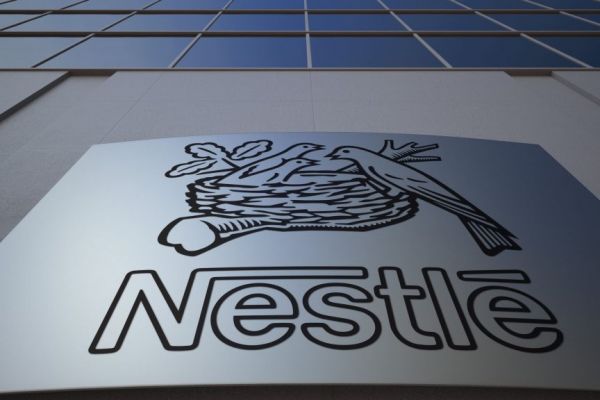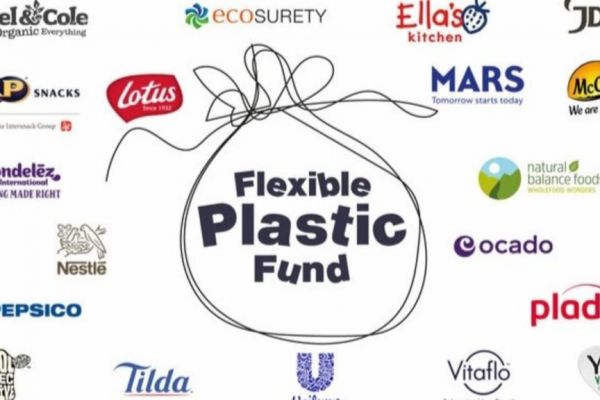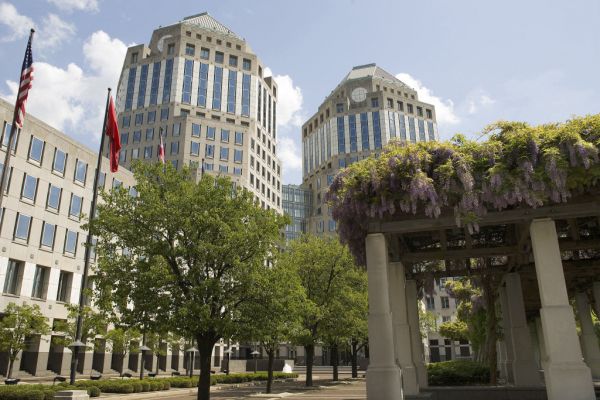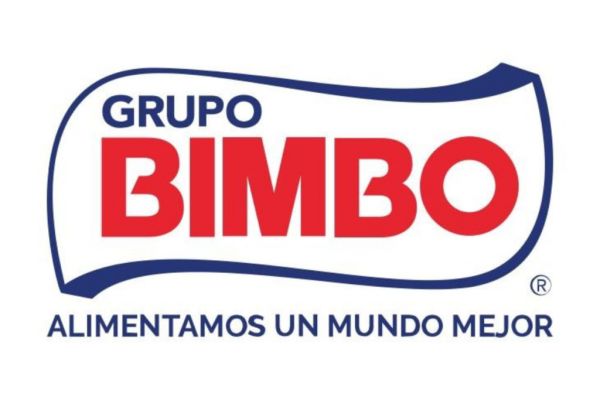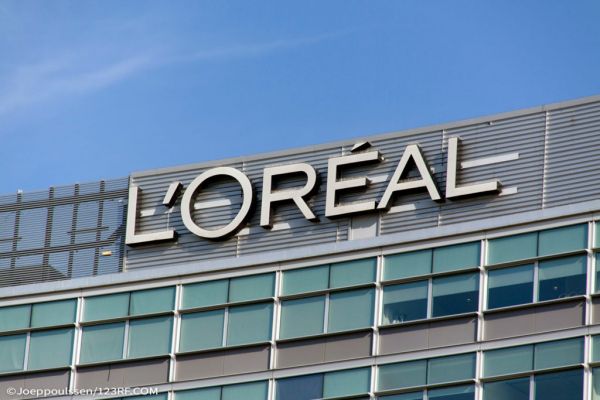Nestle SA and Unilever gave predators targeting the consumer-goods business more ammunition, reporting weak sales for a summer in which North American hurricanes and European rains further undermined already tepid consumer demand for big brands.
The Swiss owner of Nespresso coffee and Poland Spring water reported its weakest nine-month sales since at least 1999, while the Anglo-Dutch maker of Magnum and Ben & Jerry’s ice cream posted third-quarter revenue growth that fell well short of estimates. Both companies said bad weather curbed demand for refreshments, compounding Big Food’s struggle to revive growth.
“The weather has been extremely cold in the U.S., and to a large extent in Europe,” Nestle Chief Financial Officer Francois-Xavier Roger told reporters on a call. Referring to the company’s water brands, he added, “it’s a business that can be seasonal, especially in the summer, so it certainly didn’t help us.”
Unilever’s shares fell as much as 5.2 percent Thursday in Amsterdam, the worst intraday loss since the the company rebuffed an unwanted bid from Kraft Heinz Co. in February. Nestle was down as much as 1 percent in Zurich.
Investors
The setbacks come as activist investors and potential acquirers take aim at the sector, with Dan Loeb’s hedge fund Third Point building a stake in Nestle after Unilever fended off the Kraft approach. Along with Nelson Peltz, recently rebuffed in a bid for a board seat at Procter & Gamble Co., they’re pressuring food and personal-care giants to lift profit margins and revamp slow-growing portfolios as consumers seek niche brands and fresh food rather than packaged products.
Reckitt Benckiser Group Plc, which sells Durex condoms and Air Wick fresheners, set the downbeat tone earlier this week, cutting its sales forecast for the second time this year.
For both Nestle and Unilever, the Achilles’ heel has been North America, where the Swiss company’s sales were flat in the first nine months of 2017, held back by declines at the Crunch maker’s chocolate business, which it intends to sell, and ice cream. Sales of bottled water in North America and Europe dropped in the third quarter due to cold weather and “intense” competition.
In addition to storms and gloomy skies, competition hurt Unilever in ice cream. The company lost market share to a new entrant, Halo Top, Chief Financial Officer Graeme Pitkethly said on a call, though U.S. ice cream sales should be back in growth next year.
“The developed markets were extremely challenging,” with retailers canceling orders after hurricanes hit Florida and Texas, Unilever’s second- and third-largest states for revenue in the U.S., he said. Nestle, by contrast, said the impact was limited.
“We’ve chosen not to mention that because honestly, we’re not the Weather Channel when it comes to our sales development,” Nestle CEO Mark Schneider said on a call with analysts. “We’re not looking for some excuses. Was there a negative impact? Yes, there was. But it just did not rise to the same level of importance.”
In Europe, ice cream was the main source of volume decline, London- and Rotterdam-based Unilever said in a statement. The company’s refreshment business, which includes the frozen dessert and tea, accounts for about one-fifth of overall sales.
The Anglo-Dutch company’s underlying revenue rose 2.6 percent, compared with the 4 percent median estimate of analysts surveyed by Bloomberg. In North America, revenue by that measure was down 2.9 percent.
Pukka Herbs
With big brands facing what Pitkethly described as “tectonic shifts,” Unilever has maintained its commitment to spend 1 billion euros to 3 billion euros ($1.2 billion to $3.5 billion) annually on fast-growing businesses such as Pukka Herbs tea and Sir Kensington’s condiments. It’s also moving to sell its underperforming spreads business.
Under pressure from Loeb, Nestle CEO Schneider has stepped up efforts to raise profit margins and revive growth. But those initiatives are hitting profits in the near term. The company, which is cutting jobs at its skin-health unit and shifting headquarters in the U.S. and France, may have close to 1 billion Swiss francs ($1 billion) of restructuring costs this year, it said.
“For North America, this is not a silver bullet kind of situation,” Schneider said. “We’re fixing some of the underperformers and clearly cranking up the rate of innovation. It’s mostly stuff that we can do under our own steam, and not so much hoping for some sort of macro relief, because hope is not a strategy.”
News by Bloomberg, edited by ESM. Click subscribe to sign up to ESM: The European Supermarket Magazine.
